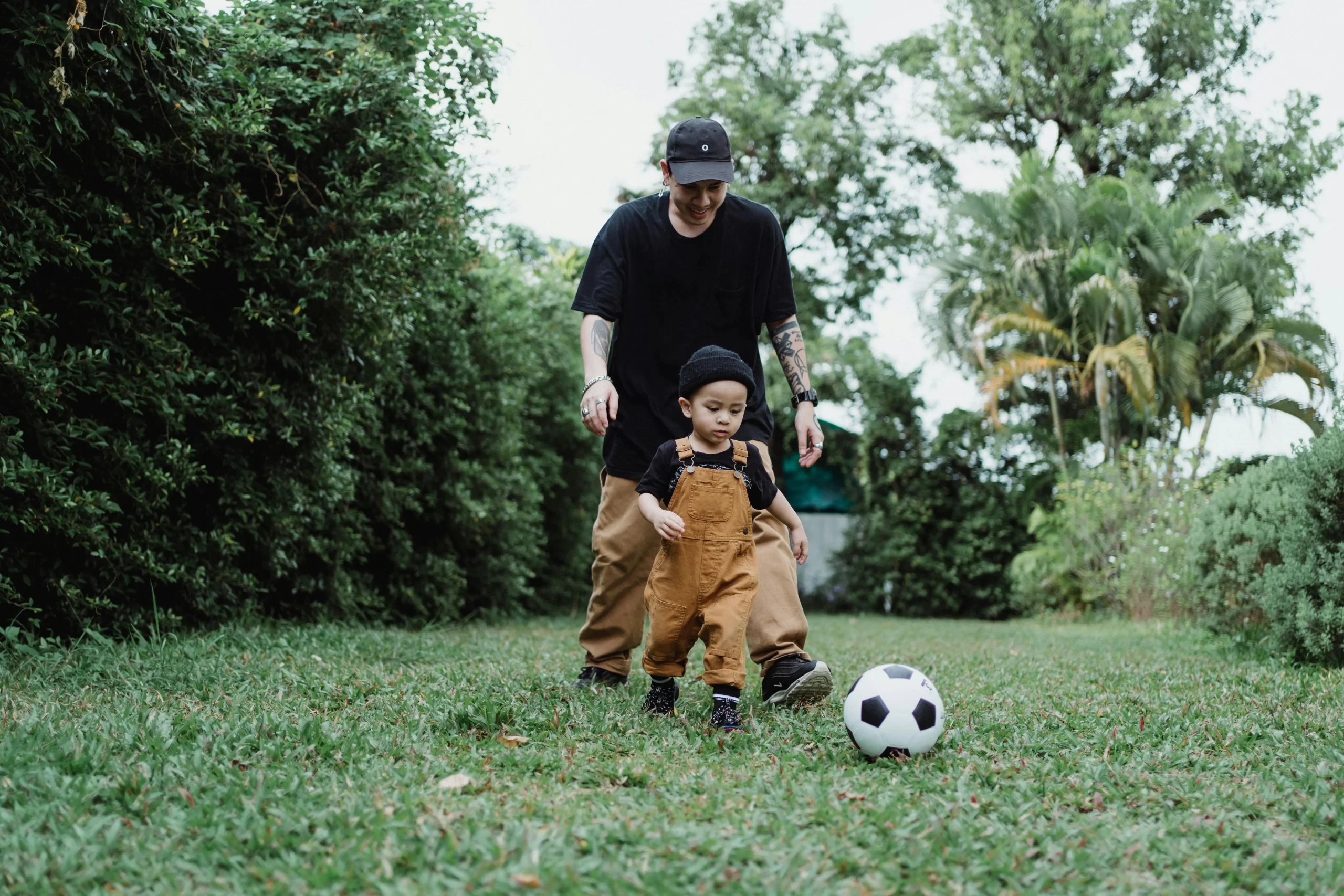How To Manage Parent Expectations In Youth Sports
As a parent of an athlete, I know firsthand how challenging it can be to navigate the expectations and opinions of other parents. The world of youth sports is filled with passion, competition, and, unfortunately, pressure. When you have a child who is striving to excel in their sport, it’s easy to feel overwhelmed by what other parents think about your child’s performance. This pressure can lead to anxiety and stress, not just for you but for your child as well. In this blog post, I will share how you can manage these expectations, focus on your child’s journey, and foster a supportive community among parents.
Understanding the Pressure from Other Parents
- Recognize the Source of Expectations
Other parents often project their aspirations onto their children, which can create unrealistic standards. They may compare their child’s performance to yours, leading to unnecessary competition. Understanding that these expectations stem from their own experiences can help you detach from their opinions. - Acknowledge Your Feelings
It’s natural to feel defensive or anxious when you perceive judgment from other parents. Acknowledge these feelings without letting them dictate your actions. Take a moment to breathe and remind yourself that your child’s journey is unique. - Identify the Impact on Your Child
Consider how the pressure from other parents might affect your child. Are they feeling stressed or anxious about their performance? Open communication with your child about their feelings can help you gauge the impact of external expectations.
Steps to Manage Expectations from Other Parents
Now that we understand the pressure, let’s focus on actionable steps you can take to manage expectations and create a positive environment for your child.
Step 1: Focus on Your Child’s Goals
Encourage your child to set personal goals that align with their interests and abilities. This focus shifts the emphasis away from what other parents think and places it squarely on your child’s development.
- Tip: Help your child define what success looks like for them, whether it’s improving their skills, enjoying the game, or achieving a specific milestone.
Step 2: Communicate Openly with Other Parents
Having open conversations with other parents can create a supportive atmosphere. Share your approach to parenting an athlete and express your desire for a positive community.
- Best Practice: Arrange a casual meet-up with other parents to discuss the importance of support over competition. This can foster camaraderie and reduce tension.
Step 3: Set Boundaries
It’s essential to set boundaries regarding the conversations you entertain. If a parent’s comments make you uncomfortable, politely redirect the conversation or excuse yourself.
- Example: If a parent starts comparing performances, you might say, “I prefer to focus on how our kids are enjoying the sport rather than comparing stats.”
Step 4: Foster a Positive Environment
Encourage a culture of positivity among the parents. Compliment other children’s efforts and achievements, and encourage your child to do the same. This creates a more supportive atmosphere and lessens the competitive edge.
- Tip: Organize team-building activities that emphasize teamwork and collaboration rather than competition.
Step 5: Model Healthy Behavior
As a parent, your actions set the tone for your child. Demonstrate healthy ways to handle competition and criticism. Show your child how to celebrate successes and learn from failures without attaching their self-worth to performance.
- Best Practice: After a game, discuss what went well and what could improve, focusing on effort rather than outcomes.
Step 6: Seek Support
Don’t hesitate to seek support from other parents who share your perspective. Building a network of like-minded individuals can provide emotional support and practical advice.
- Tip: Join or create a parent group focused on fostering a positive sports environment. This can be a safe space to share experiences and strategies.
Troubleshooting Common Issues
Even with the best intentions, conflicts may arise. Here are some common issues and how to address them:
- Issue: A parent is overly critical of your child’s performance.
- Solution: Address it directly but kindly. You might say, “I appreciate your passion, but I believe we should focus on encouraging all the kids.”
- Issue: Your child feels pressured by peers.
- Solution: Have a heart-to-heart conversation with your child. Reassure them that their worth is not tied to their athletic performance.
- Issue: You feel overwhelmed by the competitive atmosphere.
- Solution: Take a step back. Remind yourself of why your child plays sports in the first place—fun, fitness, and friendship.
Conclusion
Managing the expectations of other parents can be challenging, but it’s essential for creating a positive experience for your child. By focusing on your child’s individual journey, communicating openly with other parents, and fostering a supportive community, you can help alleviate pressure and promote a healthier sports environment.




